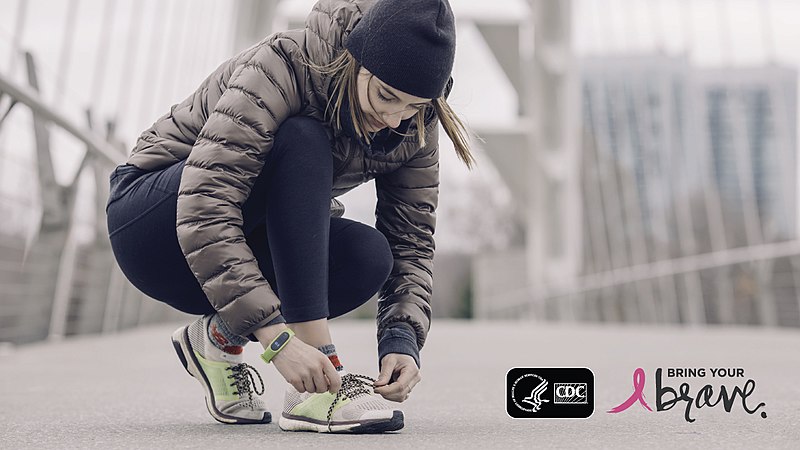Topics
6.2.1 What is Breast Cancer Recurrence?
6.2.2 Lowering Risk of Recurrence
Chapter 6: Assessment
Learning Objectives
➤ Explain what breast cancer recurrence is.
➤ Describe ways to lower the risk of cancer recurrence.
6.2.1 What is Breast Cancer Recurrence?
Breast cancer recurrence is when you have had breast cancer, you have gone into remission, and then your breast cancer returns (Canadian Breast Cancer Network [CBCN], n.d.a). There are many different factors that increase your risk of recurrence, including:
- type of breast cancer (e.g., inflammatory),
- getting a breast cancer diagnosis before 35 years old,
- your original cancer was large or affected the lymph nodes,
- eating unhealthy foods,
- obesity. (CBCN, n.d.a).
6.2.2 Lowering Risk of Recurrence
There are different lifestyle changes that you can make in your life that might reduce your risk of cancer recurrence.
Diet
As previously recommended, eating more fruits, vegetables, and whole grains can help reduce your risk of first-time and recurring cancer (American Institute for Cancer Research, n.d.). Additionally, limit your alcohol intake, as too much alcohol can increase your risk of cancer recurrence.
It is important that you make these changes with the help of a dietician to ensure you are getting all the nutrients you need.
Exercise
Exercising more can also help decrease your risk of cancer recurrence (Hamer & Warner, 2017). Experts recommend at least 150 minutes of exercise per week, but any exercise is better than nothing. Furthermore, exercising can help you maintain a healthy weight, which reduces the risk of cancer recurrence.
Image 26
Keep active to lower breast cancer risk

(Matthew Henry / Wikimedia Commons)
PDM